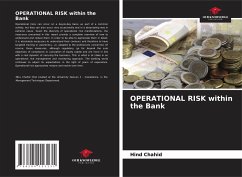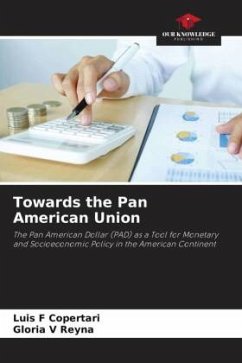
The Basel Accord and bank capital adequacy
Versandkostenfrei!
Versandfertig in 6-10 Tagen
57,99 €
inkl. MwSt.

PAYBACK Punkte
29 °P sammeln!
The 1988 Basel Accord was established under the aegis of the Bank for International Settlements (BIS) to regulate, via the monetary authorities or central banks, the constitution of capital and to avoid distortions of a competitive nature for banks operating on an international scale. The regulations adopted at the time mainly concerned G-10 banks, but its scope was soon extended and the Basel Accord became an instrument for promoting international convergence of capital standards. However, over the years, its conceptual limitations and the financial innovations that have emerged have created ...
The 1988 Basel Accord was established under the aegis of the Bank for International Settlements (BIS) to regulate, via the monetary authorities or central banks, the constitution of capital and to avoid distortions of a competitive nature for banks operating on an international scale. The regulations adopted at the time mainly concerned G-10 banks, but its scope was soon extended and the Basel Accord became an instrument for promoting international convergence of capital standards. However, over the years, its conceptual limitations and the financial innovations that have emerged have created arbitrage opportunities that banks have been able to exploit. With the reduction in its efficiency, the revision of this agreement became unavoidable. This has prompted a consultation process, led by the BIS Basel Committee, in favour of a new reconfiguration of the capital standards for banks, as set out in the new Basel Accord.












